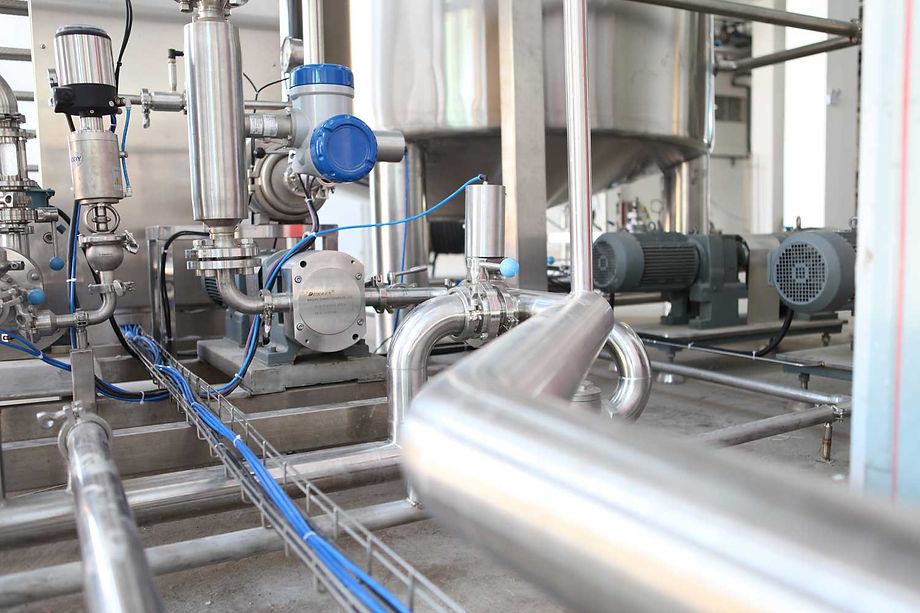

INSTRUMENTATION, CONTROL AND AUTOMATION FOR FACILITY ENGINEERS
COURSE OVERVIEW & LEARNING OUTCOMES
This course teaches instrumentation from a practical approach. It centers around three main objectives -to measure, control and safeguard the integrity of facilities. It refreshes the skills of participants with an overview of electrical and control systems encountered in oil and gas facilities, standards, abbreviation and symbols used, cuts through the jargons and basic configurations to promote better communication amongst the disciplines. By emphasizing the instrumentation and control engineering (ICE) requirements of O&G facilities, participants will learn basic control systems and components, including flow, pressure temperature and quality measurement equipment (valves, breathers pumps, compressors etc. The technics to achieving these control – pneumatic, electro-pneumatics, electronics-DCS, Fieldbus are explained.
-
Renewed awareness in electrical engineering fundamental concepts
-
Understand the terminologies, symbols and jargons used in field electrical systems
-
Gain practical knowledge and use of control systems, sensors, controllers, and final elements
-
Understand the types and functions of control system and their limitations e.g. PLC, DCS, SIS, RTU, and SCADA; common networking systems, including Ethernet, Modbus and Fieldbus
-
Understand the documentation and drawings necessary for the design, specification, installation, operation and maintenance of electrical, instrumentation and control systems
-
Appreciate the operating envelopes of control equipment, the underlying principles and specification criteria for field measurement devices
-
Interpret P&ID symbols and instrument tags, loop and logic diagrams etc.
-
Able to read one-line diagrams, understand power distribution components and their functions
-
Understand safety and hazardous control concepts, systems and mitigation for fire, gas leakage – hydrocarbon and Sulphur.
-
Appreciate inherent benefits in sub-surface automation technologies and its integration with the surface
TARGET PARTICIPANTS
-
Instrument and Control Engineers
-
Electrical Engineers
-
Facility Engineers
-
Reservoir Engineers
EXAMPLE MODULES
-
Overview of electrical engineering concepts- mathematics for instrumentation
-
Concepts of process measurement and control – continuous vs. batch, feedback etc.
-
Standard symbols and abbreviations, terminologies, measurements,
-
Instrumentation and Control Philosophy for oil and gas facilities – measure, control and safeguard
-
Level and Temperature control systems – types, functions, operating envelopes, classes,
-
Pressure Control Systems– available technologies, components, functions sensors and control.
-
Control Valves – types, characteristics, actuators, I/P Transducers etc. Valve sizing and selection
-
Flow Control systems for gas and liquids – flow meters and their control. Technologies, measurement principles, range of operations
-
SCADA, DCS, PLC – architecture, functions control systems, data and communication system
-
Subsurface automation concepts
-
Subsurface to surface automation technologies – principles, available technologies and potential benefits
-
In line measurements, fluid measurement, terminating and custody transfer
-
Advanced Control Strategies – control hierarchy, dynamics, lags etc.
-
Centralized control
-
Standards and best practices in ICE, and recommendations.
-
Discussions about participants field ICE issues
DURATION
5 Days
LOCATIONS:
Dubai Houston London
